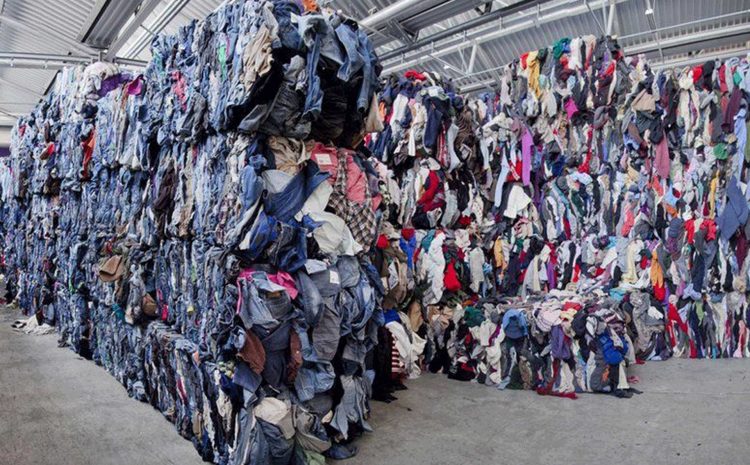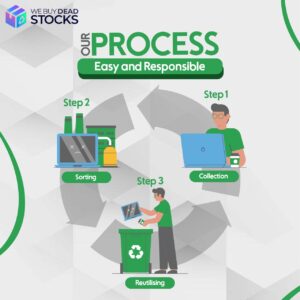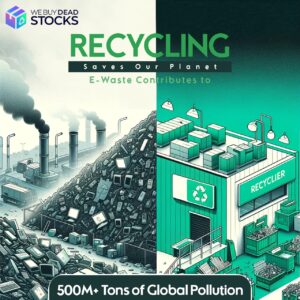Dead stock is stock that is unsellable and is usually recycled by a business or sold as scrap. A business might wind up with dead stock since it requested an excessive number of things and afterward found it did not sell as expected.
Such stock is sold to dead stock buyers usually. Transitory things, similar to food or medication, can immediately turn out to be dead stock since they generally should be disposed of after a particular time. Notwithstanding, the meaning of dead stock does exclude stock returned by clients.
Treatment of Dead Stock
Dead stock is usually sold to dead stock buyers who usually use industrial recycling to use it for themselves in a new way. Industrial recycling is the course of re-integrating important auxiliary materials created from Industrial cycles into recently fabricated items.
Contingent upon what squander your industry produces, you might have the option to reuse these materials. Instances of Industrial recyclable waste include Scrap and residuals from creation processes Coal-burning items Development and destruction of trash. Items that are recuperating toward the finish of their valuable life, including machines, engine vehicles, and tires.
Industrial Recycling
An Effective Part Of Waste Stream Management Numerous enterprises center around checking their energy and water utilization during the assembling.
While honorable, these objectives frequently affect material removal o n the economy, human well-being, and the climate. Legitimate waste stream the executives is a manageability exertion that can have enormous advantages when carried out appropriately.
Consider that Industrial recycling is a powerful piece of the executives’ waste stream. Large numbers of the Industrial side-effects that end up in landfills can be reused or helpfully utilized rather than squandered.
The practical use is when reused materials are filled in for natural substances so that: Gives useful usefulness and Fulfills execution guidelines.
A gamble on human well-being or the climate Instances of Industrial waste recycling for advantageous use include:
- Utilizing coal fly debris instead of Portland concrete in the concrete
- Subbing desulfurization gypsum for mined gypsum in drywall
- Using spent foundry sands and slag in soil-related applications, for example, base material at building locales
- Recycling squashed cement and black-top from development projects for use as total in new asphalt Normal Industrial Recycling Equipment.
- Utilizing legitimate Industrial recycling gear adds to a more productive, beneficial business.
Think about probably the most well-known apparatuses being used today:
- Wire granulators recuperate the important copper and aluminum tracked down inside Industrial links and wiring.
- Vehicle recycling gear to deplete, destroy, discrete, depollute, and reuse vehicles.
Advantages of Industrial Recycling
On account of the potential for various monetary, natural, and execution advantages of Industrial recycling, each organization ought to seek after proper gainful purposes for the optional materials they produce.
A portion of the benefits of doing so include:
- The organizations creating the waste diminish costs by recycling or exchanging results that sound discarded.
- The organizations buying optional materials get a markdown contrasted with purchasing natural substances.
- Contact your nearby natural insurance office for more data if your business is searching for chances to reuse and reuse auxiliary materials.
- It would help if you likewise had admittance to the appropriate Industrial recycling hardware for the gig.
- The experts at Solid Equipment Company can assist you with distinguishing the best machines to fulfill any Industrial recycling challenge.





